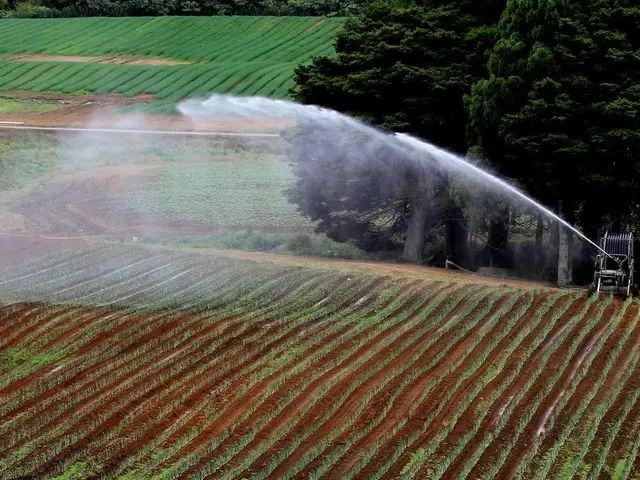Transforming Malaysia's Energy Sphere with the New Carbon Legislation
The Malaysian parliament has passed the Carbon Capture, Utilisation, and Storage (CCUS) Bill 2025, marking a significant step towards a greener future. The legislation, which came into effect on March 25, 2025, establishes the regulatory foundation for a predicted $200 billion sector over the next three decades.
The Malaysia Carbon Capture, Utilisation, and Storage Agency (Malaysia CCUS Agency) has been established as the central authority to manage, monitor, maintain carbon storage records, and oversee compliance for all CCUS activities in Peninsular Malaysia. The agency will administer and ensure effective implementation of the CCUS Act and any regulations made under it.
High emitters stand to benefit from the regulatory framework, particularly with the government's plan to introduce carbon taxes on high-emission industries by 2026. The CCUS Act, however, does not mandate CCUS adoption but creates compelling incentives for voluntary participation.
The regulatory framework introduces a sophisticated permitting system for various CCUS activities, including the mandatory registration for entities involved in operating carbon capture installations, transporting captured CO2, and utilizing CO2 within Malaysia. Foreign investors planning CCUS investments in Malaysia must consider potential local requirements and foreign equity restrictions under permit/licensing criteria and the financing structure for CCUS projects.
An import permit, granted by the agency, is required to import CO2 obtained through carbon capture outside of Malaysia. If imported CO2 is to be used for permanent storage in Malaysia, it must comply with the CO2 stream acceptance criteria specified in Section 28 of the CCUS Act. The agency retains discretion to grant or refuse to issue permits or licenses for CCUS activities.
Significant implementation details, such as the timeline and fees for permit/license applications, the term of the license, and the injection levy rates for offshore operators, remain unclear. However, things are expected to move quickly once the CCUS Act comes into effect and the relevant subsidiary legislations are in place.
Potentially affected parties should align their legal, commercial, and operational strategies to gain a long-term competitive advantage in the emerging CCUS market in Malaysia. This may include seeking partnerships or cooperation with those experienced in navigating CCUS activities in mature markets outside Malaysia.
Failure to comply with certain provisions of the CCUS Act can result in fines ranging from MYR 1 million ($236,200) to MYR 2 million ($472,400) and/or imprisonment of up to five years. The sector, if successful, could create 200,000 new jobs across Southeast Asia.
The CCUS Act is an opportunity for Malaysia to reduce carbon emissions and position itself as a leader in the CCUS industry. With the government's commitment to carbon taxes and the establishment of the Malaysia CCUS Agency, the stage is set for a greener future in Malaysia.
Read also:
- Celebrated Title: Cheesemakers Blessed Upon
- Construction and renovation projects in Cham county granted €24.8 million focus on energy efficiency
- Threat looms over an ancient rock art site in Australia as the government prolongs the existence of a giant gas facility nearby
- Weekly proceedings in the Federal Diet (Bundestag)








